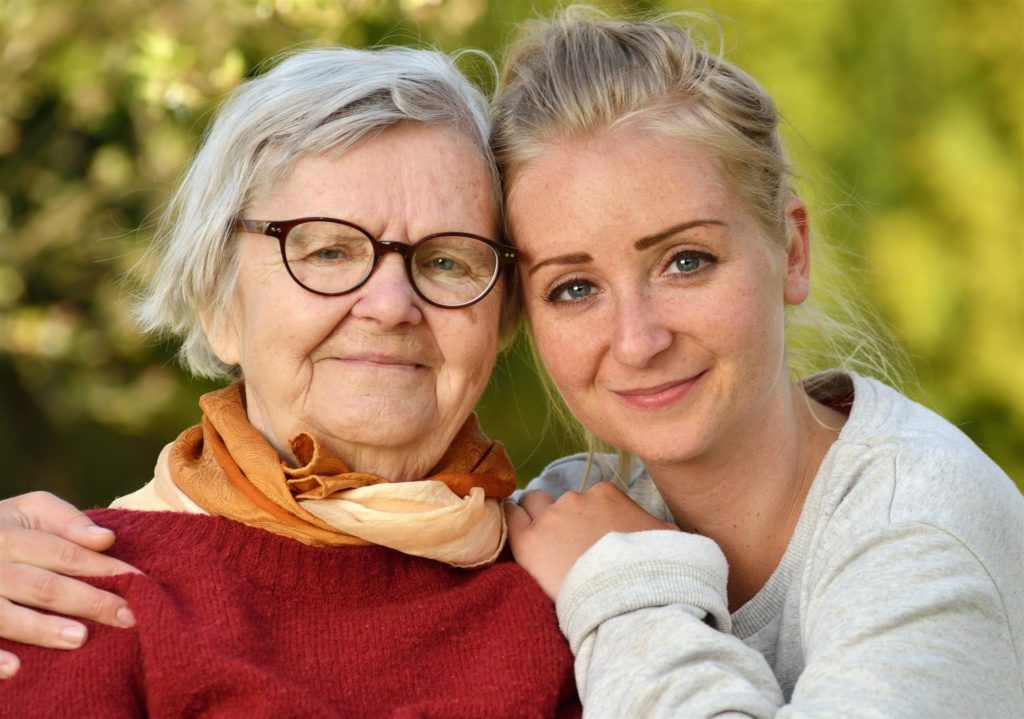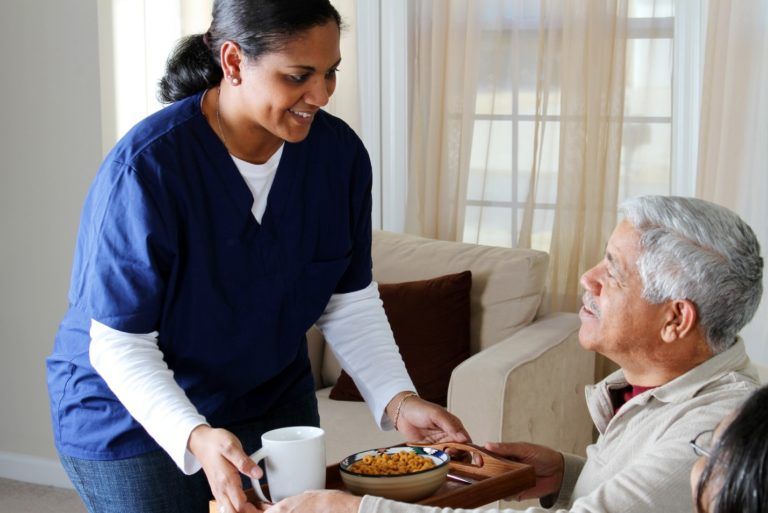CT Heat Stress and the Elderly
Take Measures to Stay Cool Amid the Heat
After the age of 65 years or so, the human body becomes more prone to heat stress for a variety of reasons. First, an older body does not respond to changes in temperature as well as younger bodies; elderly people may not feel thirsty, even as they become overheated and dehydrated. Older people are also more likely to have medical conditions, such as diabetes, that change their body’s response to heat. Finally, they may take diuretics or other medications that inhibit their body’s ability to respond to temperature changes.
These problems may be compounded for senior citizens living independently who cannot or will not cool their homes or leave the safety of the house to seek a cooler environment. Some elderly individuals feel too unsafe to open a window, for example, or worry about the expense of running fans and air conditioners. Without the help of in-home care providers or family caregivers, seniors may forget to take measures to stay safe and cool during hot summer weather.
Heat Exhaustion and Heat Stroke
After the age of 14, the risk for heat-related illness increases with age, especially for people over the age of 65. Heat exhaustion and heat stroke are common but serious heat-related health issues. Heat stroke is the more serious of the two, occurring when the body cannot regulate its own temperature. Body temperature quickly rises to dangerous levels — between 103 and 106 degrees Fahrenheit within 10 or 15 minutes — and the body cannot cool itself down by sweating. Without prompt treatment, heat stroke can cause disability or death.
Symptoms of heat stroke include:
- Extremely high body temperature
- Hot, dry, red skin
- No perspiration
- Rapid, strong pulse
- Throbbing headache
- Nausea and dizziness
Heat exhaustion is a milder illness that may develop over several days of moderately high temperatures. Warning signs of heat exhaustion include heavy sweating, muscle cramps, pale skin, fatigue, weakness, headache, fainting, nausea and vomiting. During heat exhaustion, the individual may have moist, cool skin, a rapid but weak pulse, and fast, shallow breathing.
Preventing Heat Stress in the Elderly
Individuals over the age of 65 should stay in air-conditioned buildings as much as possible during the summer, especially when it is hot outside. Drinking more water than usual reduces the risk for dehydration; downing a glass of water before one feels thirsty is especially helpful. Patients who take diuretics or are on fluid-intake restriction should ask their doctors how much water they should drink each day.
An older person should avoid using the stove or oven to cook during the summer, choosing the microwave or an air-conditioned restaurant instead. Seniors can wear loose-fitting and light-colored clothing to stay cooler. Cool showers or baths reduce body temperature.
In-home care providers and family caregivers can ensure the safety of the elderly by checking on seniors frequently, reminding them to drink water, and by helping out with strenuous chores, especially during the balmy temperatures of summer.
The post CT Heat Stress and the Elderly appeared first on .
Related Posts


Request More Information
Request More Information
We will get back to you as soon as possible.
Please try again later.
We will NOT send you unsolicited e-mails or sign you up for any newsletters. All information you submit is solely to facilitate your care assessment.
Call (855) 412-2273 Today for a Free on Site Assessment!
Give Us A Call!
Call 855-412-2273 today for a Free on Site Assessment
Offices in Stratford, Hamden, Hartford, and Stamford


